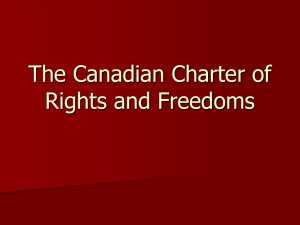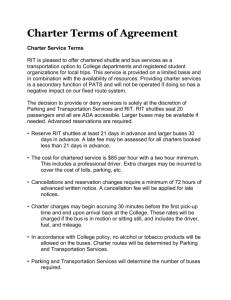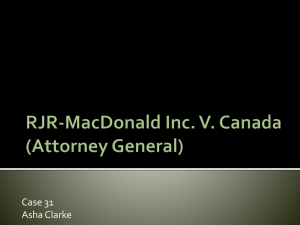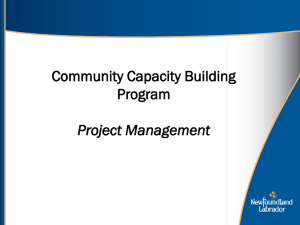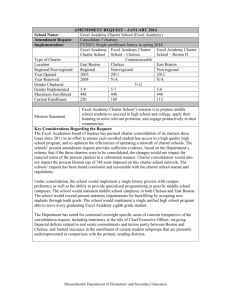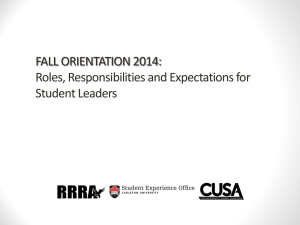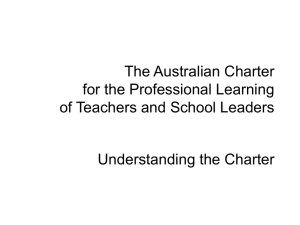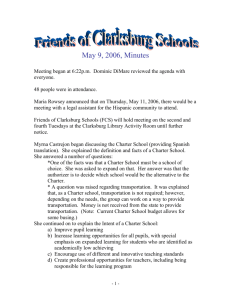Charter Schools
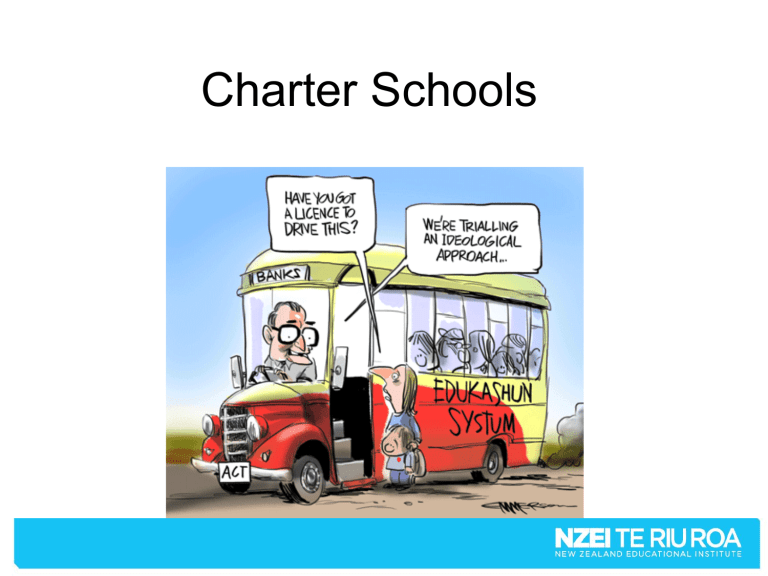
Charter Schools
Why?
Where was the mandate?
The “1%” policy
Where’s the need?
NZ schools are world-beating
Where’s the evidence?
Overseas evidence shows charters do worse or no better than public schools
New Zealand’s ‘ranking’
• NZ students rank 3 rd in reading in the
OECD
• NZ students 6 th in maths in the OECD
• NZ students rank 2 nd in the OECD for science
(PISA 2009)
How charters compare with public schools in America
17% better
46% no better
37% significantly worse
It’s all about competition…
• The proposed charter school system is targeted at “lifting educational achievement in low decile areas and disadvantaged communities where educational underperformance has become the norm” (South Auckland/Christchurch)
• “Iwi, private and community (including Pacific
Island) groups and existing educational providers would compete to operate a local school or start up a new one”.
How do they run?
• Modelled on US KIPP schools and to some extent UK ‘free’ schools – bootcamp-style, long hours, “traditional” curriculum
• Boards of Trustees would operate the school themselves or contract out management to notfor-profit or for-profit education providers. Free to set the length of the school day and year, set their own teaching practices, raise their own revenues, pay their teachers according to performance, and use any approved curriculum/qualification.
What about special needs students? US evidence
•
Charters:
• Enrol fewer students
• Enrol children with milder disabilities
• Expel or “counsel out” children with special needs
• Are more likely to be non-compliant with special needs law (access, facilities, health and safety, student support) http://www.copaa.org/wp-content/uploads/2012/01/Charter-Schools-and-Students-with-DisabilitiesFINAL.pdf
Why are charter schools and special needs students not a good fit?
Culture and legal framework of charters vs special needs
Special needs children treated as an afterthought in the charter authorising and review process
Incentives to “counsel out”/exclude: cost and
“accountability” (student achievement results = threaten performance goals)
Evidence from New Orleans
“Choice and outcome accountability create perverse incentives for charters to counsel out all disabled students or cherry pick the least disabled students”
Legal or moral?
“It is not legally or morally acceptable that these socalled “schools of choice” that are concentrated in urban communities and supported with public funds, should be permitted to operate as segregated learning environments where students are more isolated by race, socioeconomic class, disability, and language than the public school district from which they were drawn. “
Opportunities and threats
“Special education is a hidden landmine for the charter school movement”
Professor Robert Garda, Loyola University of New Orleans School of
Law, involved in current class action suit alleging discrimination in
New Orleans charter schools
Questions we can ask
Why have charter schools?
Do they work? Can they perform well for special education students?
Will charter schools be subject to the same laws protecting the rights of special needs students?
How will the authorisation process for charter schools include the rights of disabled students? Does the charter outcomes include not just academic achievement but compliance with the civil rights of special needs kids?
What’s the mood of parents?
• No mandate from voters
• Focus groups show parents sceptical – concerned that charters would open the door to privatisation, remove local control of schools and focus on profit not kids
• Parents agreed most strongly with the statements: “Why doesn’t the Government invest in our local schools, rather than send in private businesses to make a profit out of our most vulnerable kids?” and “The
Government should address child poverty and disadvantage, not experiment with charter schools in our most disadvantaged communities”
What can we do?
• Get informed - join the Facebook group
“We Don’t Need Your Charter Schools”
• Write or talk to your MP
• Write to your local paper or comment on online media sites and polls
• Talk to other people who you think have an interest or influence on this issue



